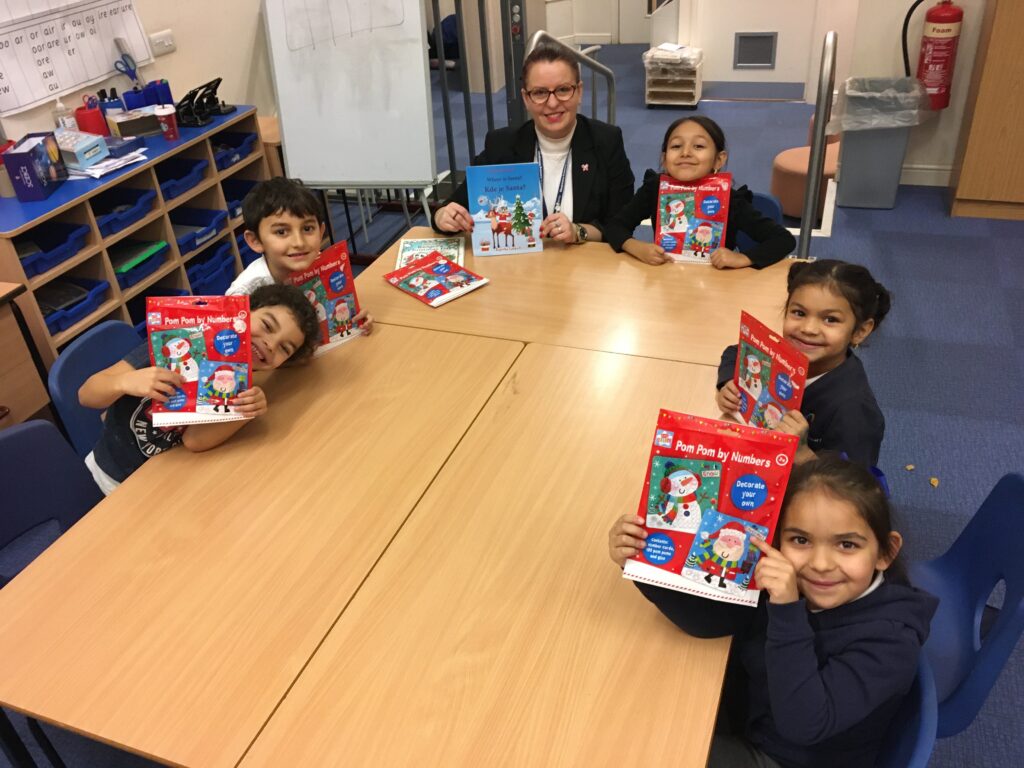Gladstone Primary Academy, in central, multiilingual Peterborough, despite the disruptive impact of Covid-19, is excited to announce the re-opening of their newly-establish bilingual clubs, catering for Y2 pupils, in Urdu, Romanian and Czech/Slovak.
These clubs were established in collaboration between the head teacher and the Trust lead for EAL, in response to a desire to innovate with our strategies to engage ever more effectively with the many language communities that we serve, promote greater inclusion and intercultural understanding to further embed a culture of listening and dialogue among community members. We wanted to signal, as strongly as possible, that their voices and home languages were valued and a key part of our rich learning environment. It was also in response to the high numbers of pupils regularly arriving in-year who are new to English or in early stages of acquisition, whose communication skills needed as much good quality English language input as possible and one innovative viable solution was to extend provision through an after-school club, four days a week for an additional hour.
We were also spurred on by the increasingly positive evidence emerging that indicates that developing bilingualism increases plasticity of the mind and improves executive function as well as wanting to dispel the myths that bilingualism confuses young learners or stunts their progress in learning, as part of a wider desire to promote the status and visibility of young bilinguals in our community.
It has been a team effort, involving early years and KS1 teachers in developing story-telling methodologies in a dual-language approach, with explicit, visual, physical contextualisation and a strong emphasis on vocabulary building. The children then work on key themes of the story to play games, make artefacts and re-tell the story in small groups for 3 days before bringing parents in (pre-Covid) to ‘show and tell’ what they have been doing and encourage engagement and follow-up at home. Post-Covid, as we re-open, we are incorporating a Facebook group page and a weekly video-based group call for this parental involvement to continue virtually.

Our methods of evaluation have been interrupted, but with sufficient funding for another academic year, we are measuring linguistic progress in both languages, using a communication skills assessment tool, which we were already using for a separate intervention, before, during and at the end of the cycle. This tool focuses on: Daily social interaction; Understanding spoken language; Understanding and using vocabulary; Use of sentences; Story-telling and narrating skills. These data will be combined with parental satisfaction and impact surveys, before we decide how, in the Post-Covid world, to use the clubs as a springboard to expanding our community engagement strategy to build further inclusion and active engagement in the education of our children.
Colin Baxter
Project Leader
Strategy Lead for Literacy and EAL
Thomas Deacon Education Trust
